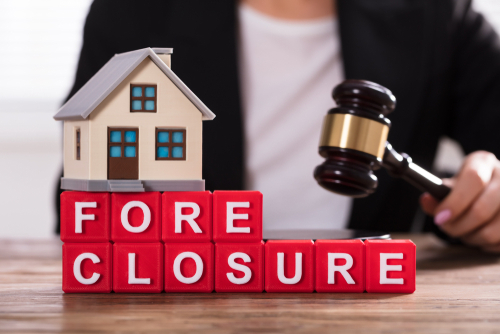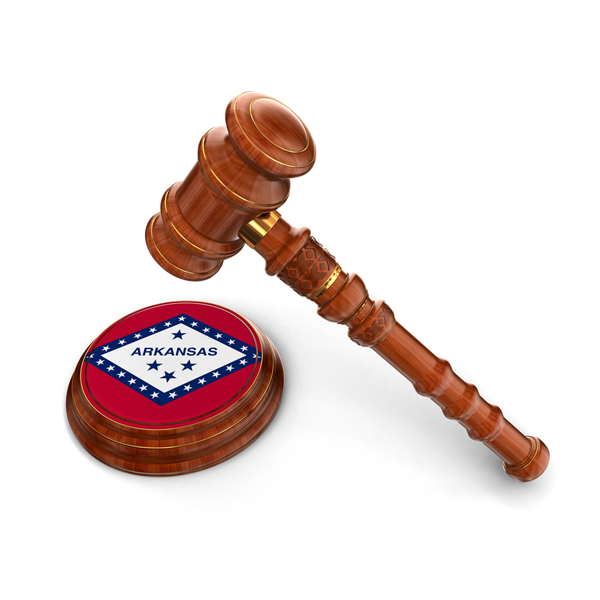Florida lawyer uses 'unorthodox foreclosure auction' tactics to ensure clients get deals on property, report says

Judges in South Florida are approving “unorthodox foreclosure auction rules” proposed by a lawyer that help ensure that his client will own the property for a fraction of its value. (Image from Shutterstock)
Judges in South Florida are approving “unorthodox foreclosure auction rules” proposed by a lawyer that help ensure that his client will own the property for a fraction of its value, according to an investigation by the Miami Herald.
The Hollywood, Florida, lawyer, Brad Ira Schandler, refused to identify his clients and declined to say how much money that he makes, other than to tell the Miami Herald: “It beats waiting tables.”
He described his procedures as an “alternative, legal foreclosure sale method” that helps condo associations quickly resolve cases when the owner is in default.
“In the rare instance where a distant family member emerges late in the process, after the court has unsuccessfully attempted to locate them, my clients and I make every effort to resolve the foreclosure to the family member’s satisfaction,” Schandler said.
According to the newspaper, Schandler typically looks for properties owned by deceased people with unpaid condo assessments or fees—but with fully paid-off mortgages, “leaving no banks to complicate an otherwise simple proceeding.” The condo association files a foreclosure action, and a judge sets how much money that the association will get from the proceeds of an upcoming auction.
Often, Schandler pays off the condo debt, giving him standing to request modifications to the foreclosure process and to try to recover the money that he paid.
Losing bidders in foreclosure auctions have alleged that Schandler uses shill bidders to drive up prices and eliminate competitors, often at in-person auctions where few bidders are likely to show up. But when the winning shill bidder doesn’t pay, Schandler’s client gets the property, typically for $100.
The Miami Herald linked to a lawsuit in which the plaintiff claimed that Schandler obtained an amended foreclosure judgment that said his assignee would be considered the next highest bidder if the top bidder at an in-person auction did not pay. The assignee paid $100, despite an estimated fair market value of $338,000 for the property, the suit said.
The newspaper identified another tactic approved by some judges: Schandler’s clients are allowed unlimited “bidding credit,” which allows them to bid as much as they want. But they are responsible for only the judgment amount plus fees, according to the Miami Herald.
Heirs can make a claim for leftover funds after the judgment is repaid to the condo association.
“After auctions with Schandler rules,” however, “there is typically no surplus left over for heirs,” the newspaper said.



